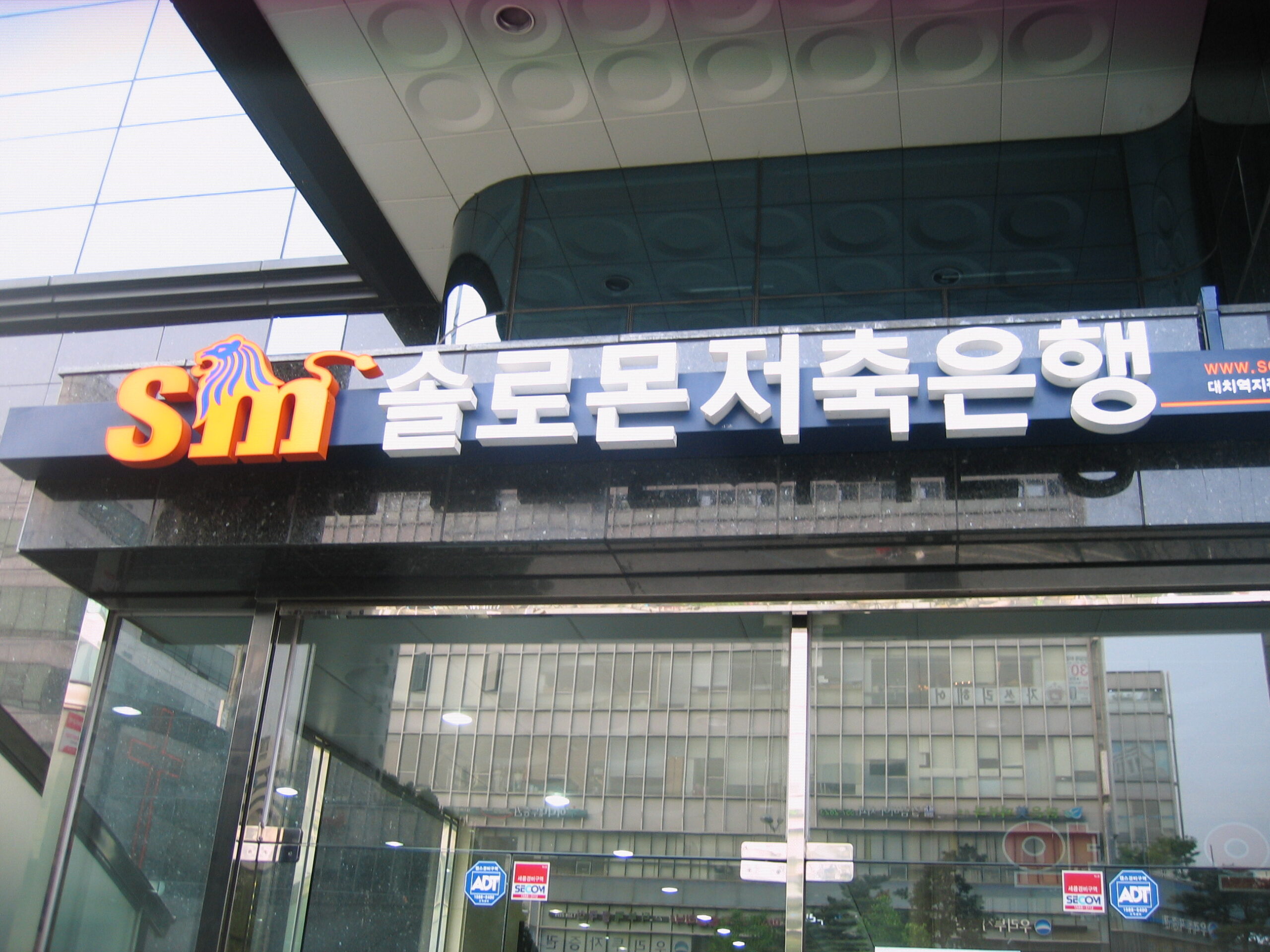On May 6, the main Korean branch of Solomon Savings Bank, Future Savings Bank, Korea Savings Bank and Hanju Savings Bank stopped operating. Solomon Savings Bank was forced to become inactive because its debts had exceeded its revenue. As for the other three, their Banks of International Settlements’ net worth had become less worthy than 1percent of the invested money, at which banks are to declare bankruptcy according to the law.. Fortunately for the people who had invested in the banks, those who had less than 50,000,000 won in the bank were paid back in full by the government. Even knowing this, people were still in a rush to get back their money on the May 5. Ki-Jung Shin, one of the people who waited in line to get her money back, said, “I waited in line from 8 in the morning- a full hour before the bank opened- but got my money back at 5 in the afternoon. My friend who came at 9 could not get her money.”
Other than the international economic crisis, there were two pitfalls that proved to be their undoing: the general structure of a savings bank and moral hazards. Banks allow people to save and borrow money. Savings banks are those that allow people to save money for a higher interest rate than most other banks. As banks have to collect incentive from the money they lend to make profits. The unproductive economic state that the world is in where many people cannot return the money is the bane to savings banks that still have to meet their higher incentive rates. The four banks that announced closure failed to account for the changed economic state and could not collect their dues, causing them to go nearly bankrupt.
However, this is not the first time that economic hardship had struck these banks; they had survived the IMF crisis and the economic chaos of the early 2000’s. Economic hardship alone would not have been reason enough to bring the companies down. Investigations revealed that higher executive officers of the banks lacked moral conduct. They had been using the company’s money, not their own wages, to fulfill their desires- buying vacation houses and such- leaving a hole in their revenue which the bank could have invested to make more money. One of Hanju’s officers turned out to have had stolen 16,600,000,000 won by setting up a separate operational system within the company, transferred several customers to it, and wiped their records (in essence the customers are not registered as customers and all their money was stolen by the official). Such problems, called moral hazards, are another of the aspects that led to the banks’ unfortunate downfall.


